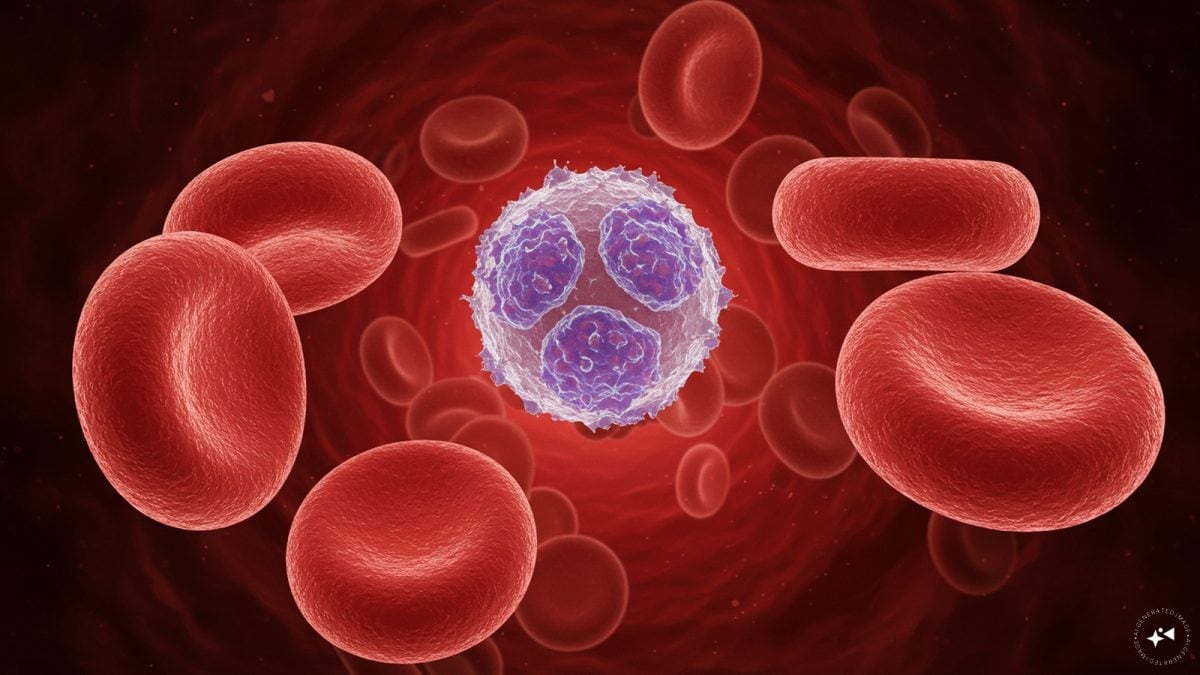Tame the Burn: Lifestyle Changes to Ease Acid Reflux and GERD (Doctor-Approved)

Feeling the burn? You're not alone. Gastroesophageal reflux disease (GERD) and acid reflux affect millions worldwide, and in India alone, studies estimate that over 10% of the population experiences this uncomfortable condition. While medication can provide relief, long-term management often hinges on making sustainable lifestyle changes. This guide explores doctor-recommended strategies to help you minimize acid reflux and GERD symptoms, improve your quality of life, and reclaim your comfort.
Understanding Acid Reflux and GERD
Before diving into solutions, let's clarify the difference. Acid reflux is a common condition where stomach acid flows back up into the esophagus, causing a burning sensation in the chest (heartburn). GERD, on the other hand, is a chronic, more severe form of acid reflux. It occurs when the lower esophageal sphincter (LES) – the muscle that prevents acid from backing up – doesn't close properly, allowing frequent acid reflux. Left unmanaged, GERD can lead to complications like esophageal damage and Barrett's esophagus (a precancerous condition).
Lifestyle Changes for Relief
The good news is that many effective strategies involve simple lifestyle adjustments. Here's a breakdown of doctor-recommended changes:
1. Dietary Modifications
- Identify Trigger Foods: Common culprits include fatty/fried foods, spicy foods, chocolate, caffeine, alcohol, citrus fruits, and tomatoes. Keeping a food diary can help pinpoint your personal triggers.
- Eat Smaller, More Frequent Meals: Large meals put pressure on the LES. Opt for smaller portions throughout the day.
- Avoid Eating Before Bed: Allow at least 2-3 hours between your last meal and bedtime to give your stomach time to empty.
- Stay Hydrated: Drinking plenty of water can help dilute stomach acid.
2. Positional Therapy
- Elevate Your Head While Sleeping: Raising the head of your bed by 6-8 inches (using blocks or a wedge pillow) can help prevent acid from flowing back up while you sleep.
- Avoid Lying Down After Meals: Stay upright for at least 3 hours after eating.
3. Weight Management
Excess weight, particularly around the abdomen, increases pressure on the stomach, making acid reflux more likely. Losing even a small amount of weight can make a significant difference.
4. Quit Smoking
Smoking weakens the LES and increases acid production. Quitting is one of the best things you can do for your overall health and to manage acid reflux.
5. Manage Stress
Stress can exacerbate GERD symptoms. Practice relaxation techniques like yoga, meditation, or deep breathing exercises.
When to See a Doctor
While lifestyle changes can often provide significant relief, it's important to consult a doctor if:
- Your symptoms are severe or persistent.
- Lifestyle changes don't provide adequate relief.
- You experience difficulty swallowing (dysphagia).
- You have unexplained weight loss.
- You notice blood in your stool or vomit.
Don't let acid reflux and GERD control your life. By implementing these doctor-approved lifestyle changes, you can take control of your symptoms and enjoy a healthier, more comfortable life. Talk to your healthcare provider to determine the best course of action for your individual needs.





